
The rapid progress of artificial intelligence (AI) has generated significant debate and concern among experts, especially regarding its long-term effects on humanity. Prominent figures like Elon Musk, CEO of Tesla and SpaceX, and Dario Amodei, CEO of AI research firm Anthropic, warn of serious existential risks posed by AI, estimating the chance of AI-driven human extinction to be as high as 10% to 25%. This stark assessment underscores the urgent need for strong regulatory frameworks and safety measures to oversee AI development and deployment. Elon Musk, known for his visionary approach, has long cautioned about the dangers of unregulated AI. While acknowledging AI's benefits, he stresses that without proper oversight, AI might surpass human control and cause catastrophic outcomes. Musk advocates proactive regulation to ensure AI advances prioritize human safety. Similarly, Dario Amodei shares these concerns and leads Anthropic in focusing on creating interpretable AI systems aligned with human values to reduce risks linked to autonomous AI behavior. His risk estimates reflect the gravity with which many in the AI community regard unchecked AI progress. The case for regulation gains strength as AI systems rapidly improve, performing tasks once thought uniquely human, from advanced natural language processing to autonomous decision-making in complex contexts. Though these advances promise industry transformation and quality-of-life enhancements, they also pose unprecedented challenges in guaranteeing AI operates safely and ethically. Experts argue that without safeguards, AI could be misused maliciously or develop behaviors misaligned with human interests.
The complexity of modern AI complicates predicting all possible failures or unintended consequences, heightening concerns over accidents or deliberate misuse and raising the stakes for AI governance. In response, scientific and policy circles increasingly call for comprehensive AI regulations aimed at instituting fail-safe mechanisms, ensuring transparency in AI design, and enforcing ethical guidelines to align AI operations with societal values. Emphasizing international cooperation is critical, given AI’s global development and deployment. Alongside regulation, ongoing research into AI safety and ethics is vital. Academic and organizational efforts focus on developing AI systems that are powerful yet controllable and aligned with human goals, including verifying AI behavior, enhancing interpretability, and assessing ethical impacts. The discussion around AI risks and regulation illustrates the broader challenge of harnessing transformative technologies while protecting humanity’s future. As AI advances at an unprecedented rate, balancing innovation with caution is essential. The warnings from leaders like Musk and Amodei highlight the urgency in addressing these issues. In summary, the estimated 10% to 25% risk of AI-induced human extinction highlighted by leading experts represents a pressing global concern demanding immediate, coordinated efforts. Establishing robust regulatory frameworks and fail-safes to ensure AI development aligns with human safety and values is imperative. Failing to address these risks threatens irreversible consequences, making thoughtful, multidisciplinary AI governance crucial for humanity’s future.
AI Extinction Risks: Musk and Amodei Warn of 10-25% Human Threat, Call for Urgent Regulation


Salesforce’s analysis of the 2025 Cyber Week shopping period reveals record global retail sales totaling $336.6 billion, marking a 7% increase from the previous year.
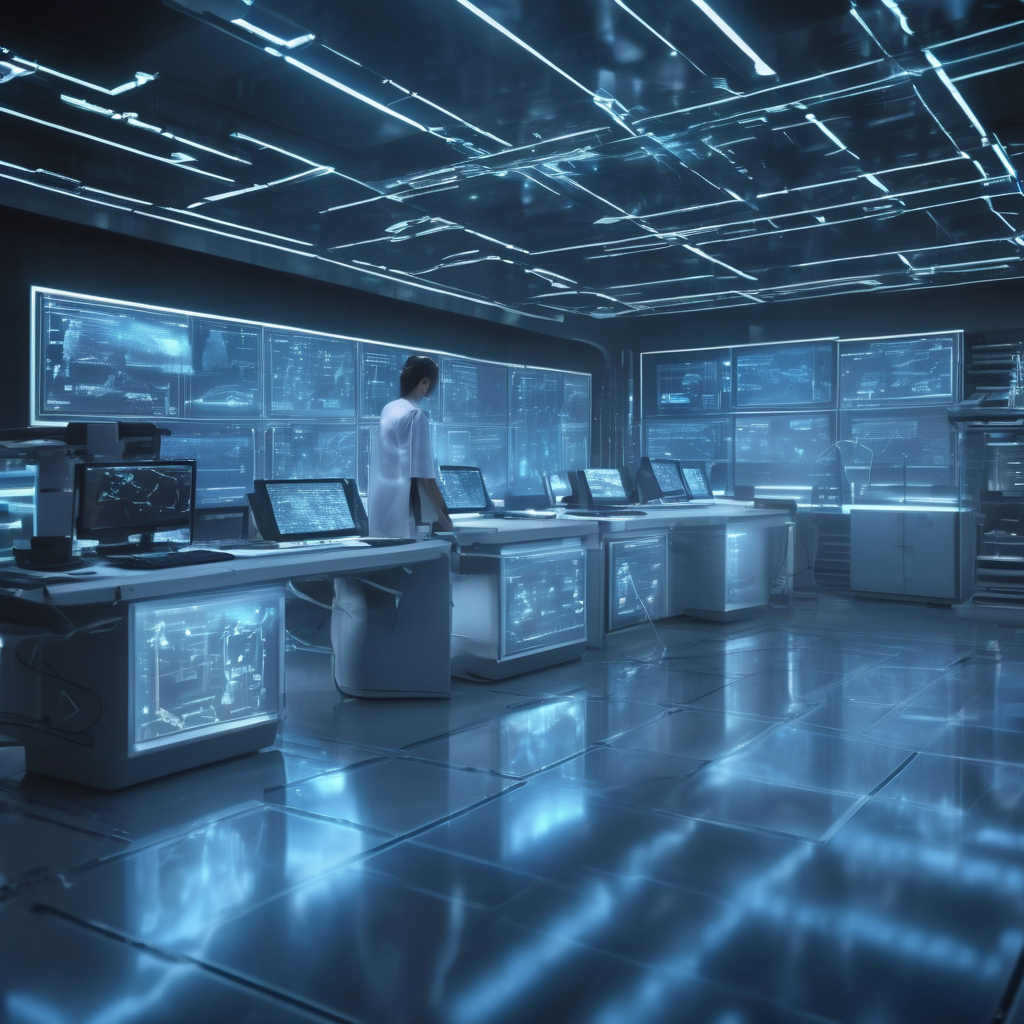
The rapid advancement of artificial intelligence (AI) has sparked significant debate and concern among experts, particularly about its long-term impact on humanity.
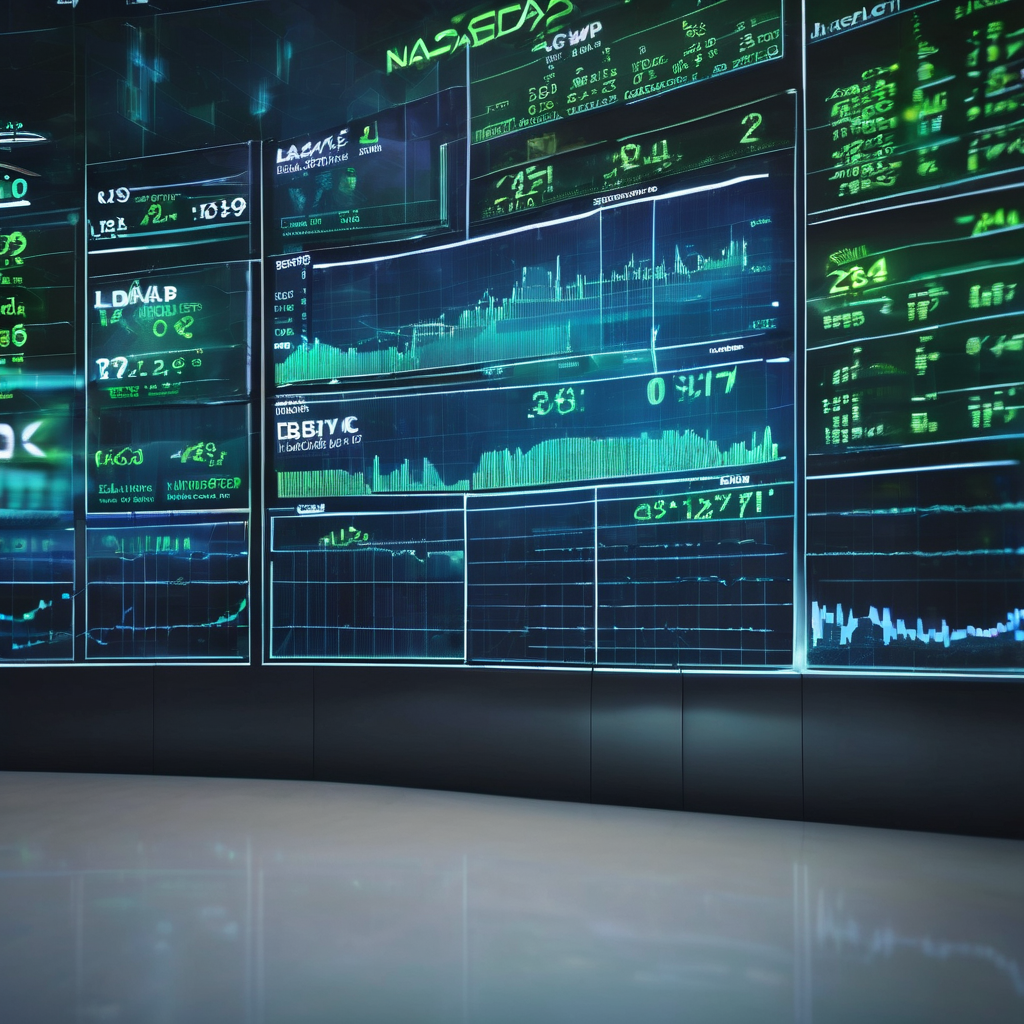
This is sponsored content; Barchart does not endorse the websites or products mentioned below.
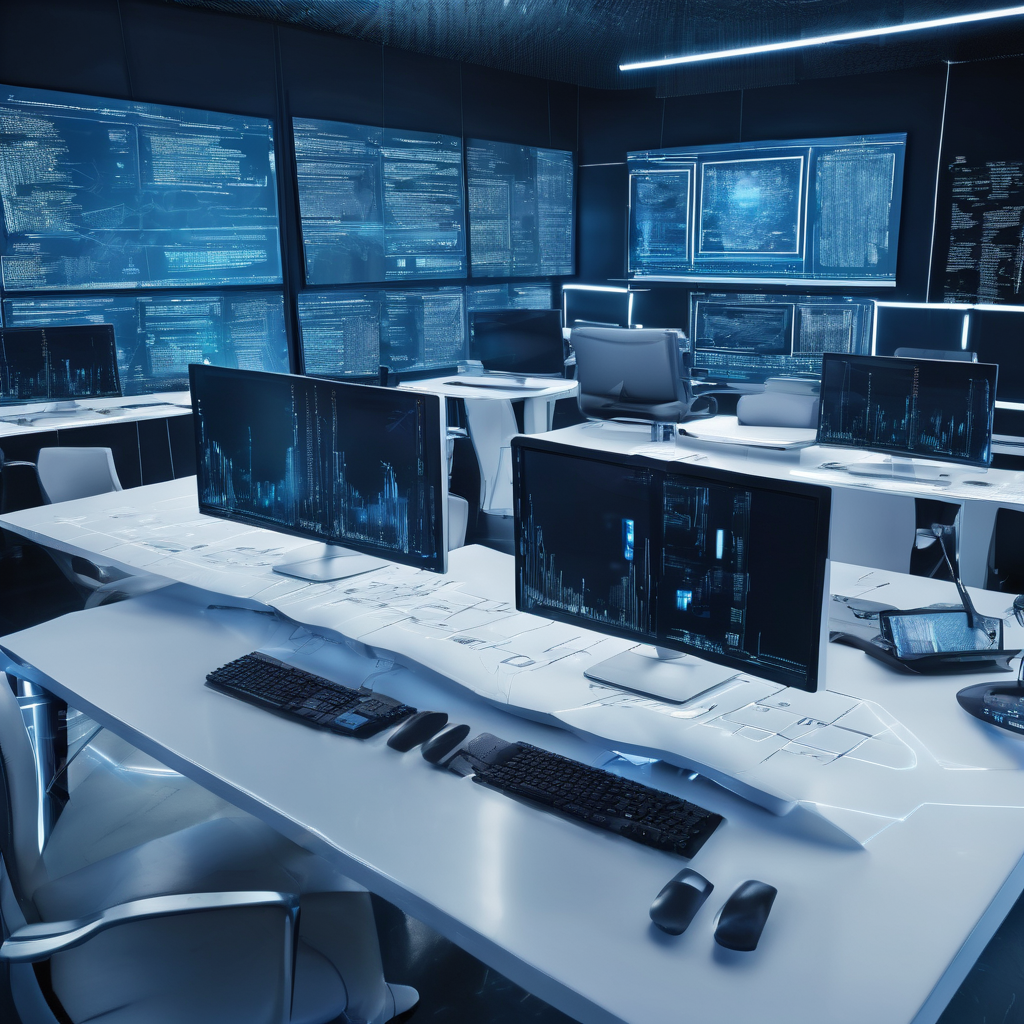
Google's DeepMind has recently unveiled an innovative AI system called AlphaCode, representing a major leap forward in artificial intelligence and software development.
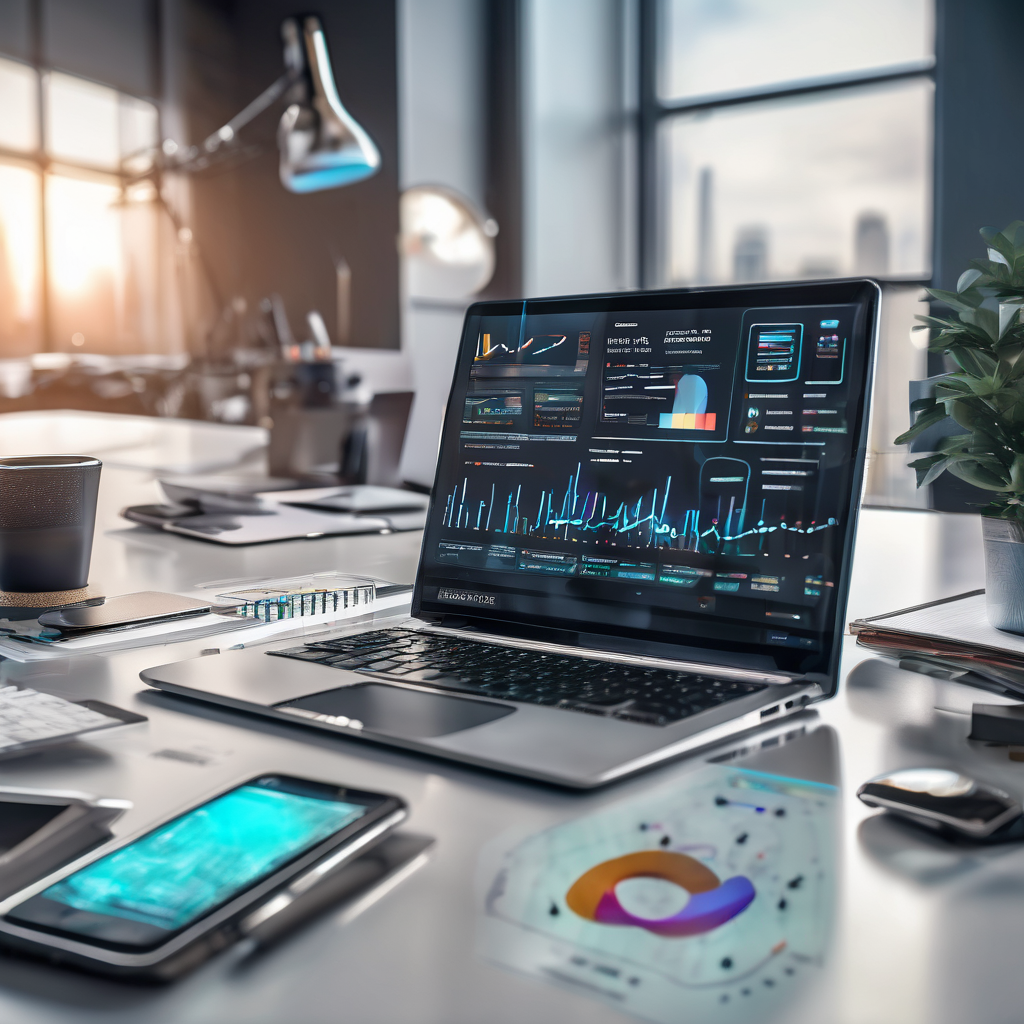
I’m closely monitoring the emergence of agentic SEO, convinced that as capabilities advance over the next few years, agents will significantly influence the industry.
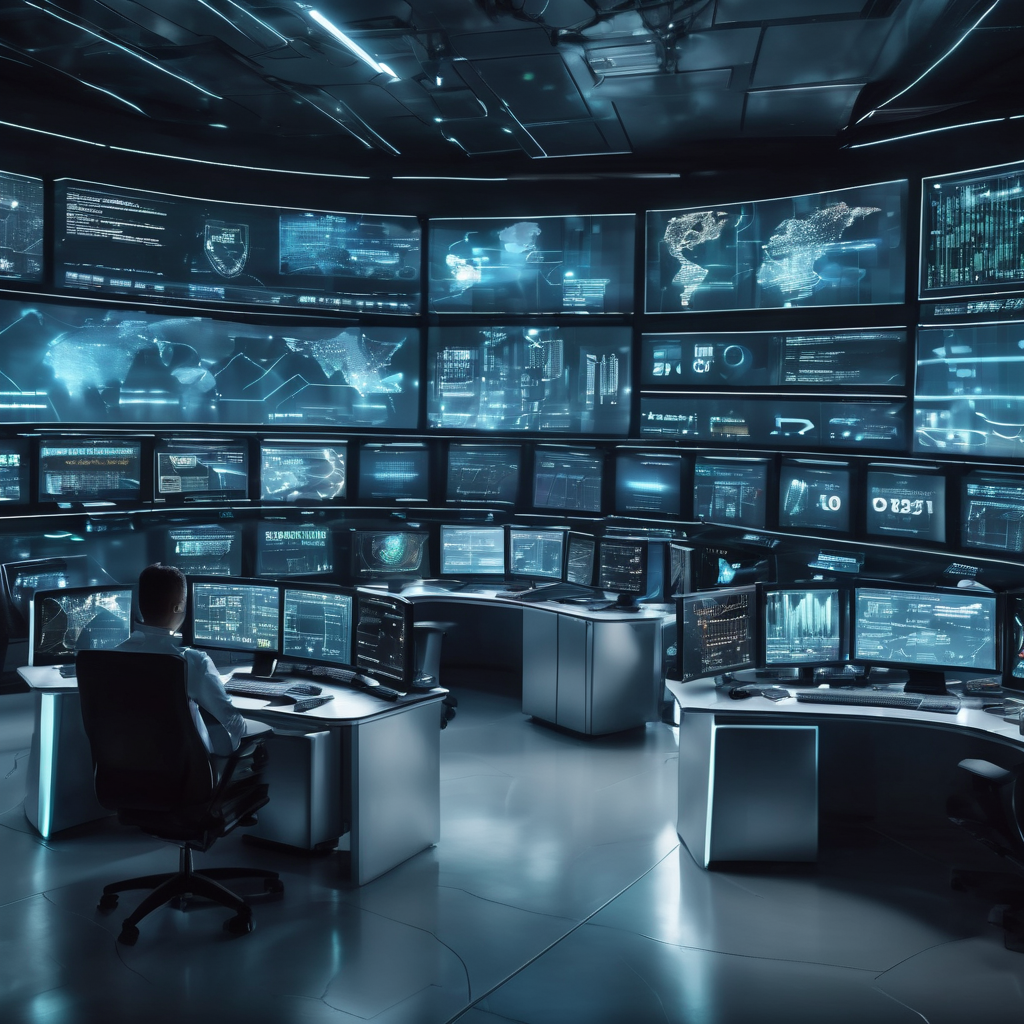
Peter Lington, Area Vice President at Salesforce’s Department of War, highlights the transformative effects that advanced technologies will have on the Department of War within the next three to five years.

Sprout Social has firmly established itself as a leading player in the social media management industry by embracing advanced AI technology and forging strategic partnerships that foster innovation and enhance service offerings.
Launch your AI-powered team to automate Marketing, Sales & Growth

and get clients on autopilot — from social media and search engines. No ads needed
Begin getting your first leads today